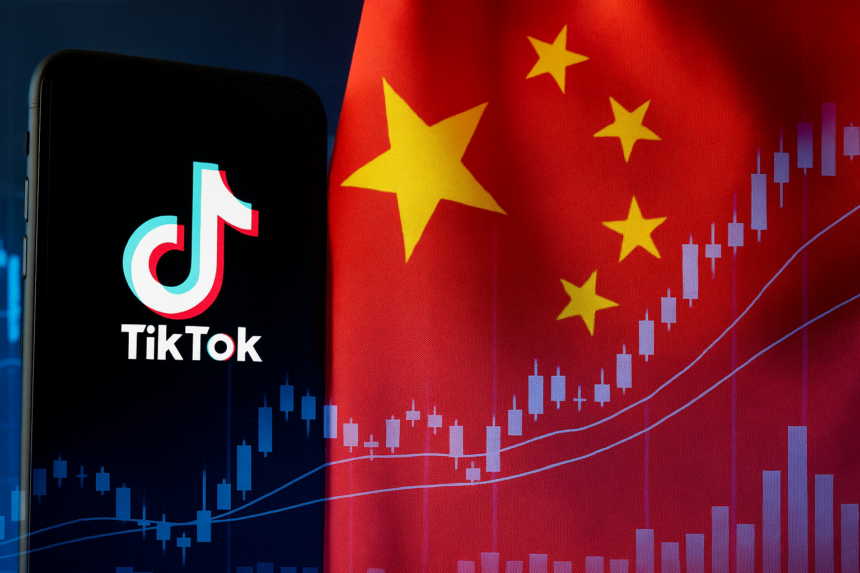In a consequential ruling, European regulators have fined TikTok a hefty $600 million over handling personal data transfers to China. The penalty, which was imposed by the Irish Data Protection Commission (DPC), stems from a four-year investigation that found TikTok failed to adequately protect EU user data when it was transferred to China. This is a significant blow for the popular social media platform, raising concerns over data privacy and security, especially in cross-border data transfers.
What’s Happening & Why This Matters
The GDPR violation stems from TikTok’s inability to guarantee that personal data from users in the European Economic Area (EEA) was protected to the same standard as it would be within the EU. According to Deputy Commissioner Graham Doyle, the investigation found that TikTok had not addressed the risk that Chinese authorities could access this data under Chinese laws, including those related to counter-espionage and anti-terrorism.
The $600 million fine reflects TikTok’s failure to ensure data processing complies with the General Data Protection Regulation (GDPR). This regulation governs how personal data is handled, stored, and transferred across borders, particularly for companies operating in the EU. It also stipulates that companies transferring data outside the EU must prove that the same level of protection is maintained, a requirement that TikTok failed to meet.
The fine is not the first regulatory action TikTok has faced in the EU. In 2023, the platform was fined €345 million for failing to protect children’s privacy. The company’s legal troubles are part of broader scrutiny over the app’s data practices and its ties to China, especially as concerns mount about the potential for government surveillance.
In its defense, TikTok argued that the fine concerns a period before the implementation of its €12 billion data security initiative, Project Clover, in 2023. This project aims to ensure that user data is stored in Europe, effectively reducing the risk of data access by foreign governments. Despite this, TikTok’s efforts have not fully assuaged regulators’ concerns. The company has indicated it will appeal the fine, but the ruling signals that data privacy will continue to be a critical issue for global tech companies.
In addition to data privacy concerns, the fine highlights the growing tension between European regulators and global tech companies over data sovereignty. As more companies seek to expand globally, they face the challenge of adhering to national and international data protection laws. This case sets a precedent for other companies, particularly those operating across borders, to examine their data handling practices and consider the legal implications of cross-border data transfers.
TF Summary: What’s Next
The $600 million fine against TikTok is part of the growing global push for stronger data privacy protections. The EU will pursue crackdowns on tech companies that fail to adhere to GDPR regulations, especially regarding data transfers. For TikTok, the path forward will require substantial adjustments to its data security infrastructure to ensure it complies with European standards.
As the Project Clover initiative unfolds, TikTok must prove to regulators that it can protect user data from external access while maintaining its business model. The appeal process will be critical for TikTok, as it could shape how future cases involving global tech companies and data privacy are handled.
— Text-to-Speech (TTS) provided by gspeech


